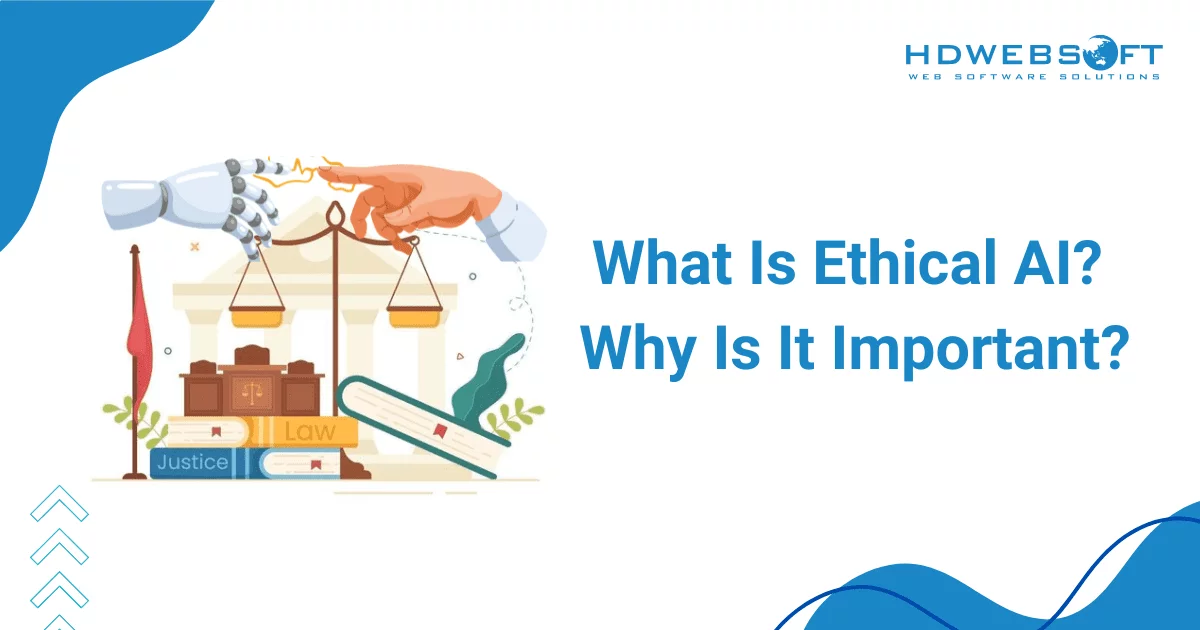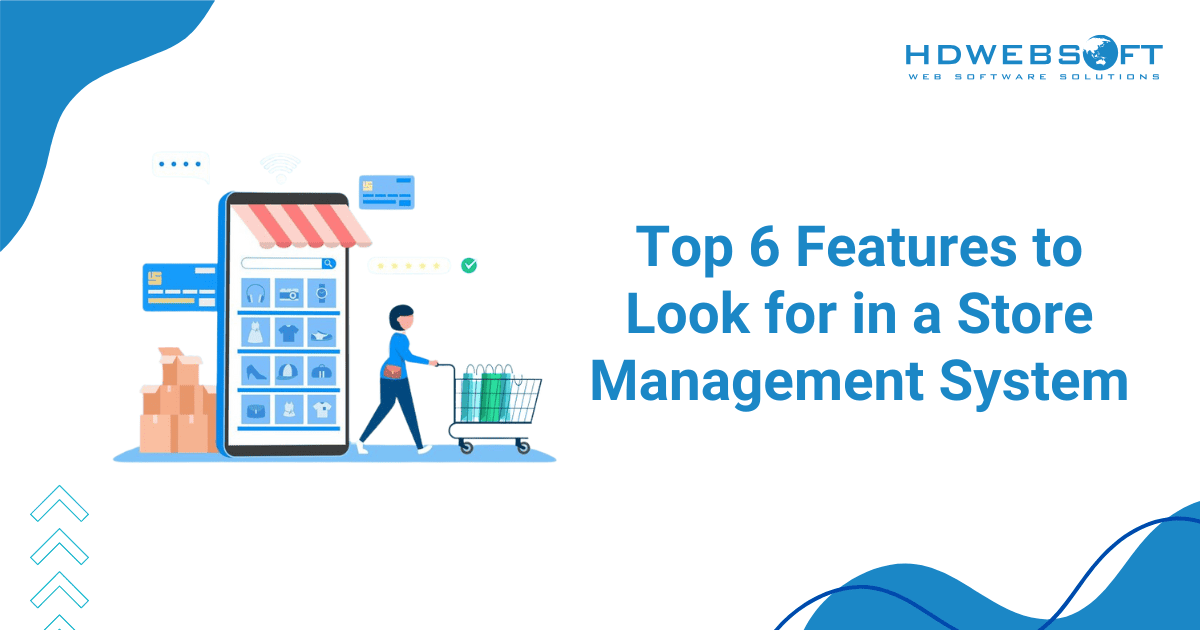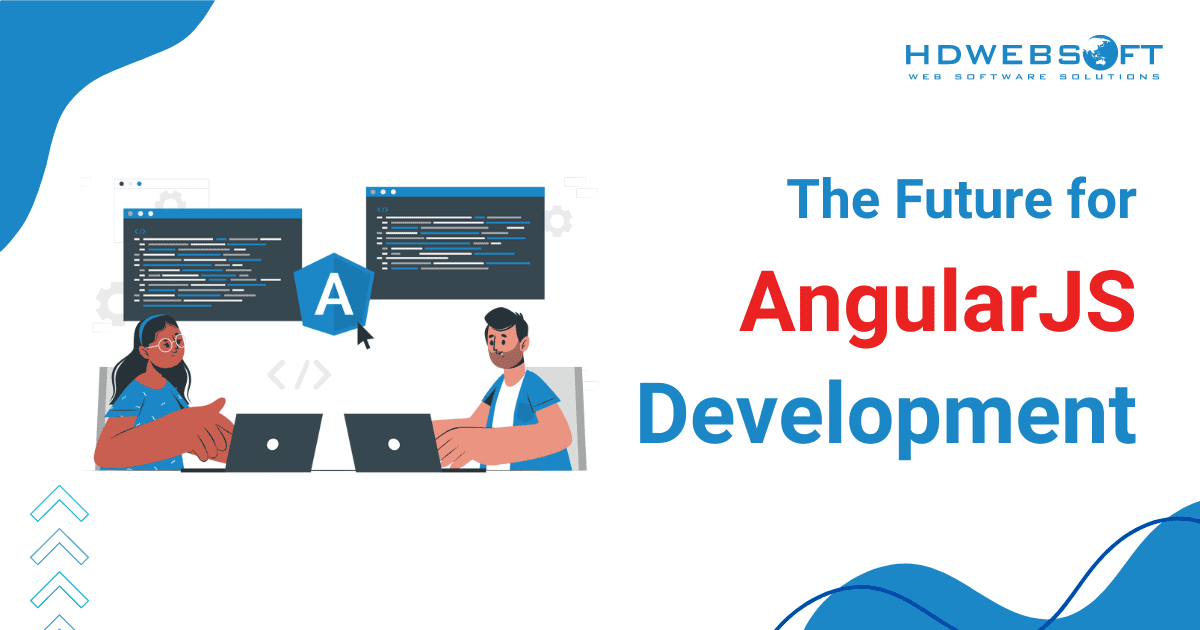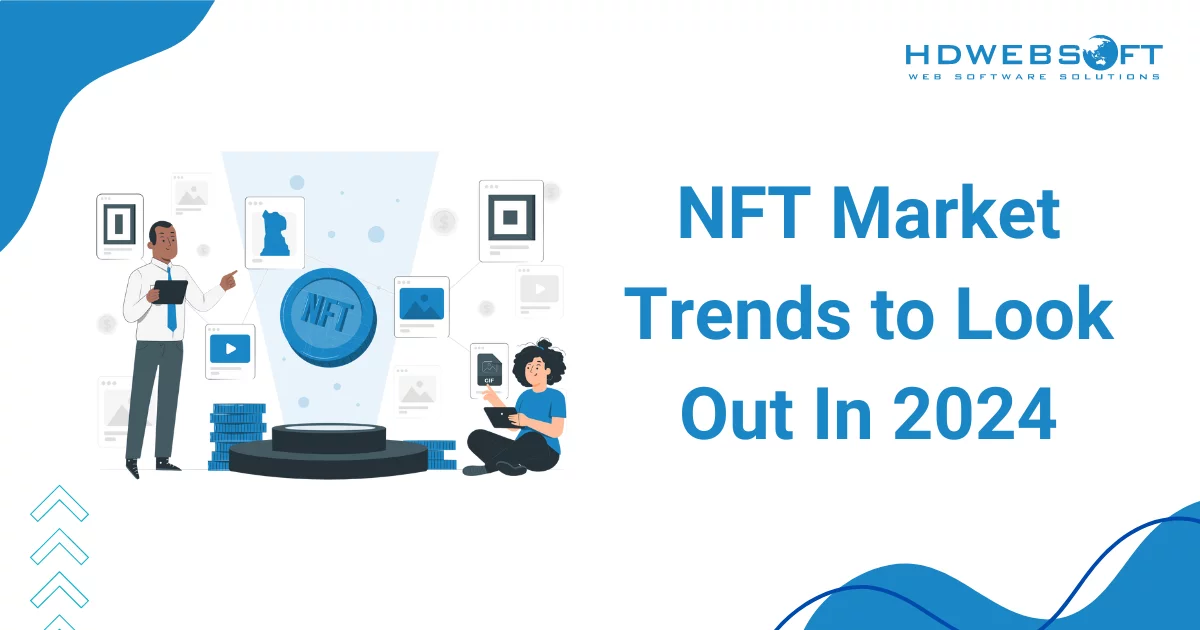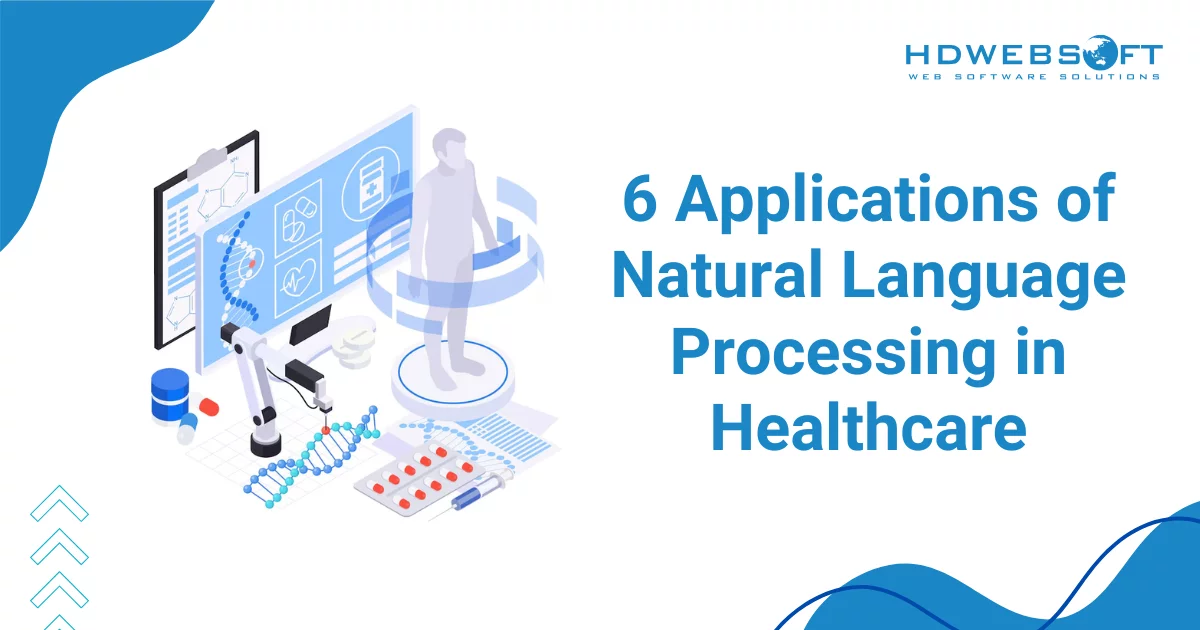
6 Applications of Natural Language Processing in Healthcare
In recent years, AI has transformed industries, with natural language processing in healthcare as an emerging trend being especially impactful. Healthcare professionals handle vast amounts of textual data, such as patient notes and medical literature. And that, if the data is structured, it could reveal insights to improve patient care and streamline workflows. NLP bridges human language with computer understanding, helping organize this data and driving digital transformation in healthcare.
In today’s writing, let’s talk about NLP technologies and their impact on the healthcare sector. In addition, we’ll provide you with insights about how natural language processing in healthcare supports the industry and its applications.
What is NLP technology?
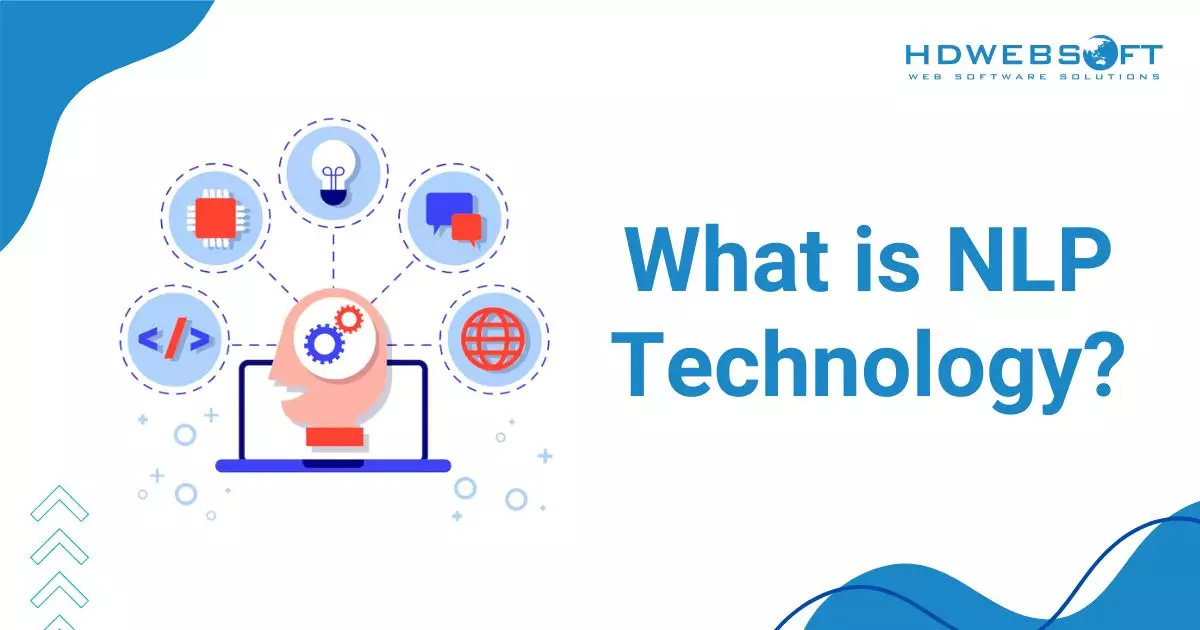
NLP is a field within AI focused on enabling computers to understand, interpret, and generate human language. It involves several complex tasks, including text processing, sentiment analysis, language translation, and information extraction. By mimicking human language understanding, NLP allows systems to comprehend nuances, context, and intent in text or spoken words.
Moreover, this technology enables machines not only to read human language but also to gain insights from it. Thanks to AI and deep learning advancements, NLP is rapidly evolving, transforming how we interact with machines in many fields. It’s now common to find NLP applications that help in many aspects of healthcare índustry. For example, it extracts useful insights from patient records, answers questions based on medical data, and supports accurate diagnoses.
Additionally, A recent report projects that the global NLP market in healthcare will grow to $11.8 billion by 2028. This statistic has underscored the technology’s rapid adoption and potential impact in these sectors.
The Adoption of Natural Language Processing in Healthcare
The adoption of natural language processing in healthcare is rising due to its powerful ability to search, analyze, and interpret vast patient datasets. Leveraging advanced medical algorithms and ML, NLP can extract valuable insights from clinical notes once buried in unstructured text. Consequently, this technology gives structure to the vast, unorganized data in healthcare. By then, the crucial insights will be used to enhance quality, refine methods, and improve patient outcomes.
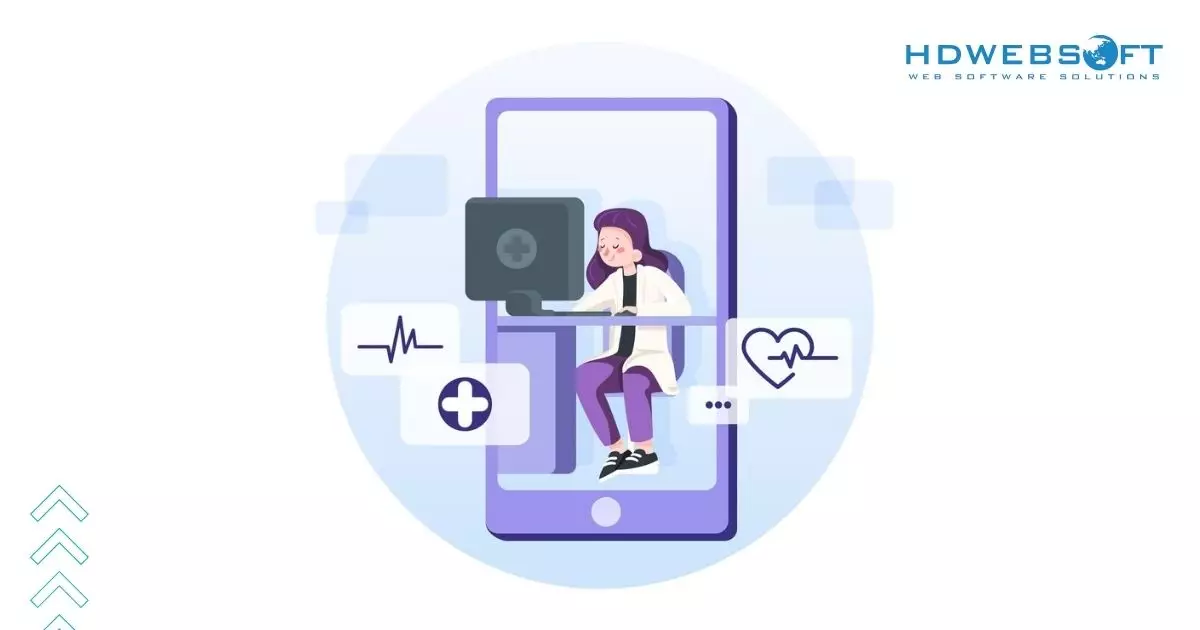
Healthcare providers used to input patients’ data manually. With natural language processing in healthcare, this process is automated.
The healthcare industry inputs vast amounts of unstructured patient data into electronic health records (EHRs) daily. However, it’s challenging for computers to help physicians aggregate this crucial information. While structured data like CCDAs/FHIR APIs can help assess disease burden, they offer only a partial view of a patient’s record.
In fact, big data analytics indicate that up to 80% of healthcare documentation is unstructured. This high volume of unstructured data makes it challenging for health systems to utilize effectively. Moreover, the processes of mining and extracting insights from this data are both complex and resource-intensive.
Without natural language processing in healthcare, this unstructured data remains in a format that modern algorithms cannot effectively use.
How can NLP support the Healthcare sector?
The healthcare industry is undergoing rapid transformation, with NLP in healthcare emerging as a game-changer. Let’s go through the main benefits the technology brings to the table.
Streamlining Clinical Documentation
One of the biggest challenges in healthcare is the sheer volume of clinical documentation required from providers. Physicians, nurses, and other healthcare staff spend countless hours each week documenting patient information, updating EHRs, and recording treatment notes. Resultantly, this administrative burden can take time away from direct patient care, impacting both patient satisfaction and provider morale.
For that matter, with natural language processing in healthcare, a significant portion of this documentation can be automated. Healthcare professionals are now free to focus on patient interaction rather than data entry.
NLP tools can interpret spoken or written notes and convert them into structured data, which then automatically populates EHRs. As a result, this process is not only faster but also reduces the likelihood of errors due to manual entry. Accurate and accessible documentation is critical for continuity of care, as it provides the medical team with up-to-date patient information.
Moreover, NLP technology allows for more standardized documentation, improving the quality and consistency of patient records. For busy healthcare environments, this means clinicians can spend less time on paperwork and more time directly addressing patient needs. Ultimately, this leads to a more positive healthcare experience for both patients and providers.
Enhancing Diagnosis and Decision-Making
Another major advantage of natural language processing in healthcare is its ability to support faster, more accurate diagnosis and decision-making. Clinicians rely on a wealth of information, from patient histories to recent test results, to make well-informed decisions. However, analyzing this vast amount of data quickly can be challenging, especially in time-sensitive situations. NLP systems can analyze patient information in real-time, cross-referencing symptoms with past cases or medical literature to suggest possible diagnoses.
In some cases, artificial intelligence in healthcare can even identify patterns that may not be immediately apparent to human physicians. This predictive capability can be invaluable, especially for identifying early warning signs of illnesses like diabetes or heart disease. By delivering relevant insights right at the point of care, NLP helps physicians make data-informed decisions. As a result, these decisions can improve outcomes and reduce diagnostic errors.
In short, having quick access to comprehensive patient insights allows healthcare providers to respond more efficiently in critical situations. Ideally, natural language processing in healthcare will enhance the overall care quality.
Improving Patient-Provider Communication
Effective communication between patients and healthcare providers is essential for delivering high-quality, compassionate care. Yet, many healthcare settings struggle to maintain timely communication, especially for routine inquiries or appointment scheduling. NLP-powered chatbots and virtual assistants are increasingly used to fill this gap. They are handling common questions or simple tasks such as symptom checking, appointment reminders, and prescription refills.
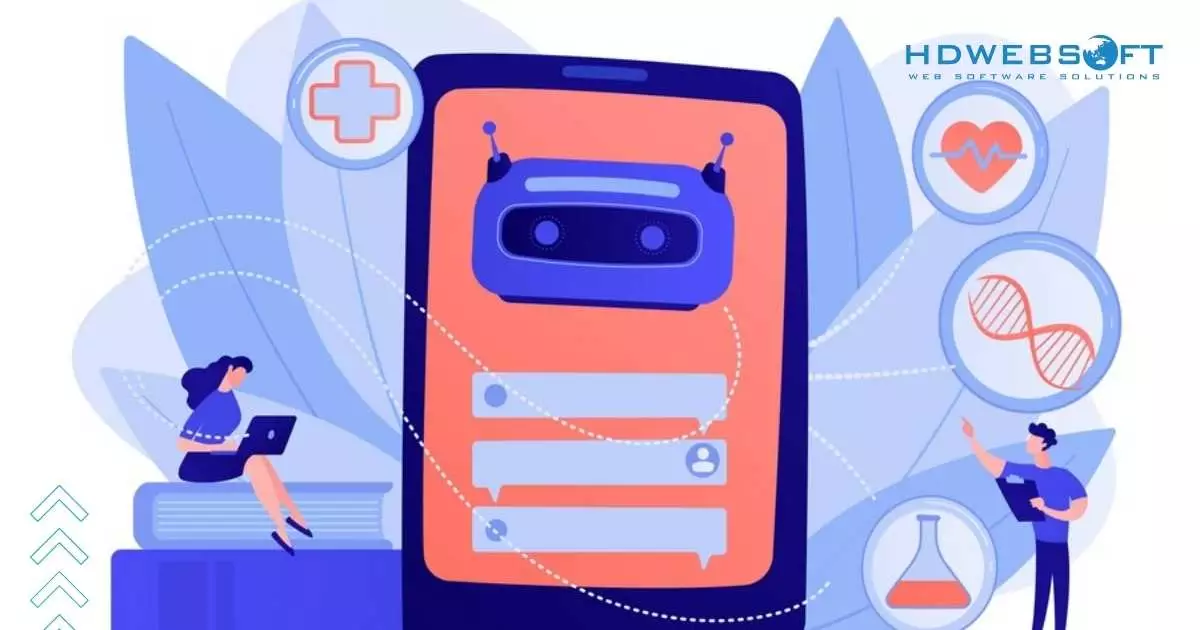
Leveraging natural language processing in healthcare, chatbots can now answer simple queries without human intervention.
These virtual assistants are available around the clock, allowing patients to get answers without waiting for office hours. This not only enhances patient satisfaction but also relieves administrative staff from managing repetitive inquiries. Importantly, NLP technology ensures that when a query is too complicated for a chatbot, the issue can be escalated to a human provider.
In consequence, this creates a seamless experience for patients, who can engage more actively in their healthcare journey. Meanwhile, providers can dedicate their attention to more complex, high-touch cases.
Advancing Medical Research and Clinical Trials
Natural language processing in healthcare has significant applications in the field of medical research and clinical trials. In particular, it helps expedite the process of gathering evidence and identifying study candidates. With NLP in healthcare, researchers can quickly scan vast amounts of scientific literature. This enables them to find relevant studies, filter important findings, or uncover new areas for investigation.
Additionally, NLP algorithms can examine EHRs to identify suitable candidates for clinical trials, streamlining patient recruitment and matching processes. This approach benefits researchers by saving time and resources and allowing patients to access cutting-edge treatments that may be life-changing.
By making it easier to conduct trials and gather evidence, NLP accelerates the discovery and validation of new treatments. Overall, it brings scientific advances to the bedside more quickly.
Supporting Administrative Efficiency
In addition to its clinical applications, natural language processing in healthcare offers substantial benefits for healthcare administration. Tasks like billing and medical coding require precise interpretation of clinical notes to assign accurate billing codes for reimbursement. Traditionally, this has been a manual process prone to human error, which can lead to delays or disputes in insurance claims.
Furthermore, NLP can analyze these clinical notes and automatically assign appropriate codes, reducing errors and speeding up the billing cycle. This leads to more accurate reimbursements and fewer insurance complications, allowing hospitals and clinics to operate more smoothly.
In the end, healthcare organizations can free up their administrative staff to focus on higher-priority activities.
Take a look at our Custom Healthcare Software Development for Innovation.
The Applications of Natural Language Processing in Healthcare
NLP in healthcare has evolved to provide specialized tools that address both clinical and administrative needs. These models support healthcare providers in delivering efficient, accurate, and patient-centered care. Let’s explore what they are.
Clinical Assertion Model
One of the core applications of natural language processing in healthcare is the Clinical Assertion Model. This model plays a crucial role in analyzing patient data and clinical notes. It helps determine the certainty, presence, or status of a particular condition, whether a disease is confirmed, suspected, or absent.
By automatically categorizing assertions within clinical texts, the model provides clinicians with a clear understanding of the patient’s status. This is especially useful in complex cases where multiple diagnoses are being considered. This is because it helps healthcare providers make more informed decisions.
Furthermore, the Clinical Assertion Model reduces the time clinicians spend reviewing and interpreting data. Needless to say, they can dedicate more time to patient care.
Clinical Deidentification Model
Under HIPPA, data privacy and confidentiality are paramount. The Clinical Deidentification Model helps healthcare organizations comply with regulations by identifying and removing sensitive patient information from clinical records. This model is essential for protecting patient privacy while still enabling data to be used for research, analysis, and ML.
In addition, natural language processing in healthcare can de-identify information like names, addresses, and social security numbers. Consequently, it ensures that medical data remains secure.
Additionally, organizations can share de-identified data with researchers, allowing them to advance healthcare knowledge without compromising patient confidentiality.
Clinical Entity Resolver
The Clinical Entity Resolver is another valuable application within NLP in healthcare. It standardizes terminology and resolves variations in medical terms used across different documents and datasets.
Namely, a single condition may be described with several synonyms or abbreviations, leading to confusion or redundancy in patient records. To assist that problem, the system maps these variations to standardized medical terms, creating consistency and improving data quality. This consistency helps healthcare providers quickly locate relevant information and supports better interoperability between systems.
In this way, the model simplifies data analysis, allowing medical teams to focus on delivering timely, effective patient care.
Clinical Named Entity Recognition (NER) General Model
NER General Model identifies and classifies essential medical entities within clinical texts, such as diagnoses, symptoms, medications, and treatment procedures. With natural language processing in healthcare, this model can scan patient records and extract relevant clinical terms. Ultimately, it makes sure that no vital information is missed.
Not only does this help create a more comprehensive patient profile, but it also assists researchers in identifying trends and correlations within clinical data. For healthcare providers, it means quicker access to crucial patient information, leading to faster, more precise care delivery.
Clinical Relation Extraction Model
The Clinical Relation Extraction Model takes the NER model further by identifying relationships between different entities within clinical records. This model enables NLP in healthcare to recognize how conditions, treatments, and medications are interconnected.
For example, it might identify that a particular medication is linked to a specific diagnosis. It can be a critical step for treatment planning.
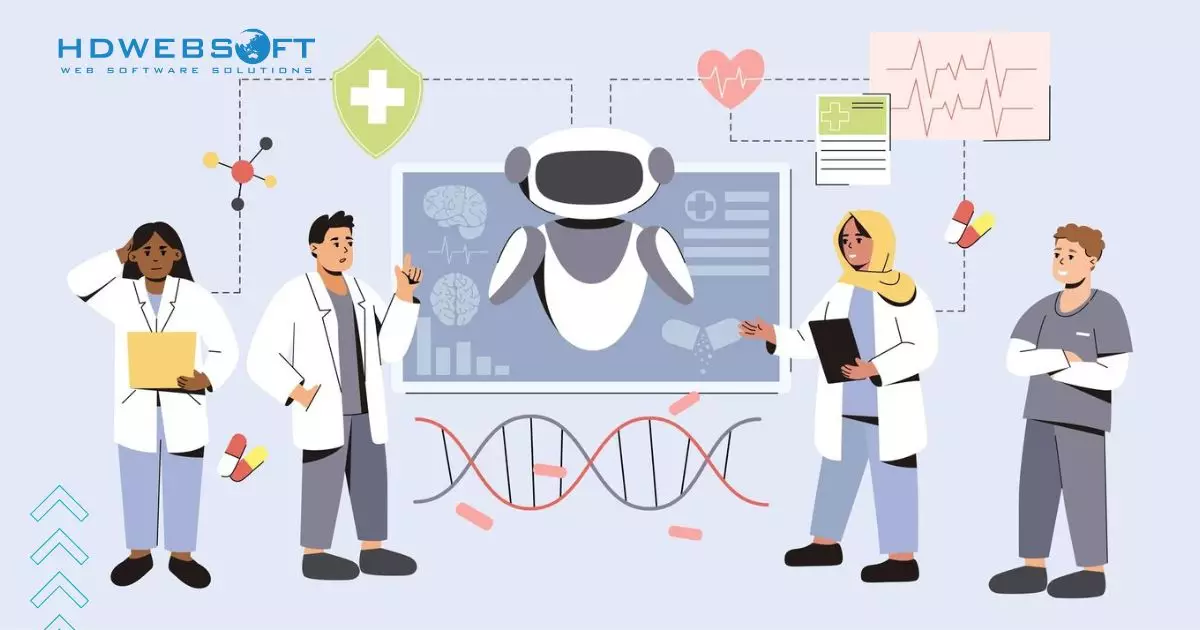
Natural language processing in healthcare can identify the relation of medication, treatments, and diagnosis.
By organizing these relationships, this model allows healthcare teams to understand a patient’s journey better and predict possible outcomes. This level of insight is particularly useful in complex cases where multiple conditions and treatments are in play.
Financial Contract Named Entity Recognition
Last but not least, natural language processing in healthcare extends to administrative processes, such as Financial Contract Named Entity Recognition. This model focuses on extracting and categorizing financial terms and details within healthcare contracts and billing documents. It can automatically identify payer information, contract terms, and billing codes, ensuring accuracy in financial documentation.
With these tasks streamlined, healthcare providers can avoid billing errors, expedite claims processing, and enhance administrative efficiency. Banking AI ultimately leads to better financial management, allowing healthcare organizations to focus more on patient care.
Take Patient Care to the Next Level with HDWEBSOFT
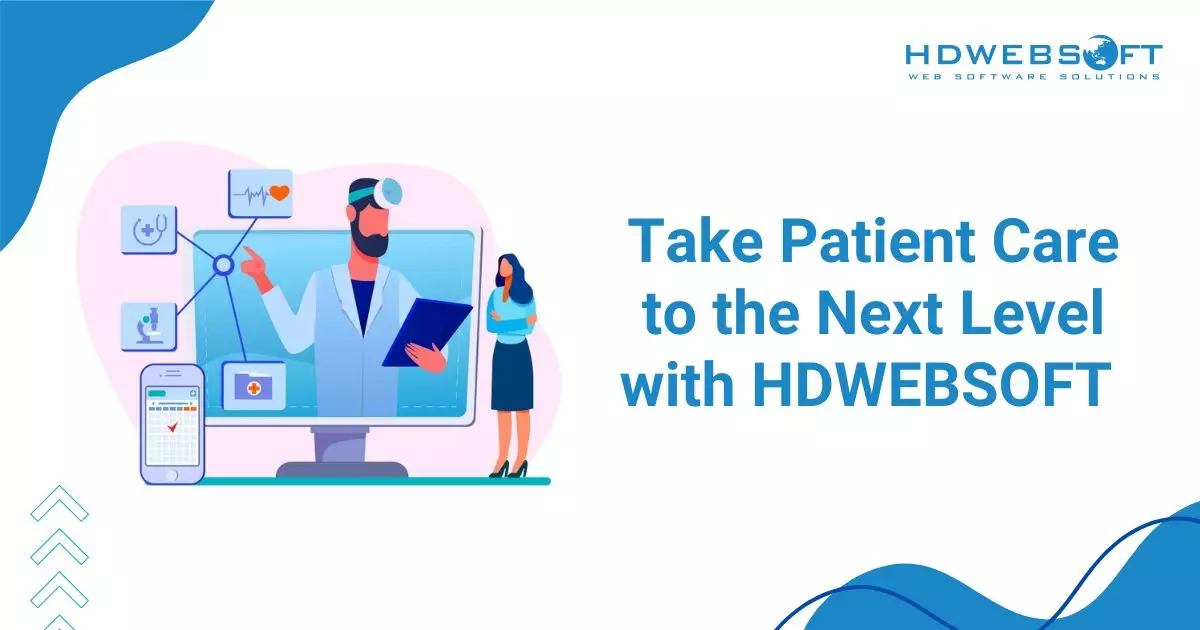
As the healthcare industry continues to evolve, the integration of natural language processing in healthcare is proving to be indispensable. Its applications are reshaping the way medical professionals interact with data and patients alike. While there are still challenges to overcome, the ongoing advancements in NLP technology promise a future where healthcare systems are not only data-driven but truly patient-centered.
If you’re looking to enhance patient care and streamline your healthcare operations, HDWEBSOFT is your trusted partner. We bring together innovation and expertise to develop custom healthcare development solutions. With a team skilled in the latest AI software development, we promise to craft applications designed to meet the unique demands of the healthcare sector.
Partner with HDWEBSOFT and take the next step toward a smarter, more efficient healthcare future. Contact us!




